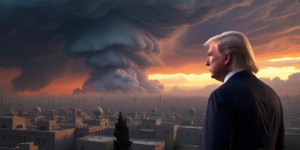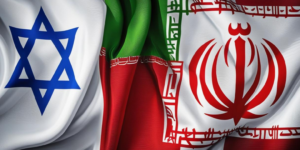What Born-Again Politicians Means for South Asia
Evangelical Christians entered Sri Lanka’s Parliament for the first time this year, but observers question whether it will curb persecution
Born-again politicians entered Sri Lanka’s Parliament for the first time this year, but human rights observers in a nation that has consistently persecuted Christians question whether their election will do much good.
“Some of them don’t even want to talk about being Christian,”said one human rights activist who asked not to be identified for fear of reprisal. “As long as the government clearly maintains its tilt toward Sinhalese Buddhists, there really is no room for minority rights.”
The January elections were the first since the nation’s devastating 30-year civil war ended in May 2009. Several evangelical Christians entered Parliament for the first time, including Eran Wickramaratne, former CEO of a leading Sri Lankan bank and the son of pastor Colton Wickramaratne, head of the Assemblies of God Sri Lanka.
“I believe that the Christian calling in politics is to help the structures of government to uphold justice and work for the common good–the good of everyone in society,” Wickramaratne says.
Other Christians include Rosy Senanayake, an active women’s rights campaigner, and Member of Parliament Ravi Karunanayake, a Catholic who represents the Colombo District.
But the election strongly favored the government and reduced the main opposition ticket, the United National Party, which most of the Christian MPs are part of. “Which means they can’t do much anyway,” said evangelist R. Silva.
Sri Lankan Christians say new, less overt tactics are under way to regulate churches. Pastors are being prodded by state officials to disclose who they are, where they come from, and what “qualification” they possess in order to preach. The National Christian Fellowship of Sri Lanka (NCFSL), which represents indigenous Christians, plans to spearhead a campaign to bring evangelicals together. “If we can show our strength … there is a strong possibility that the evangelical churches can overcome the obstacles of persecution towards greater acceptance by the government,” said an NCFSL spokesman whose identity was shielded due to the threat of reprisal. — in Sri Lanka



























































